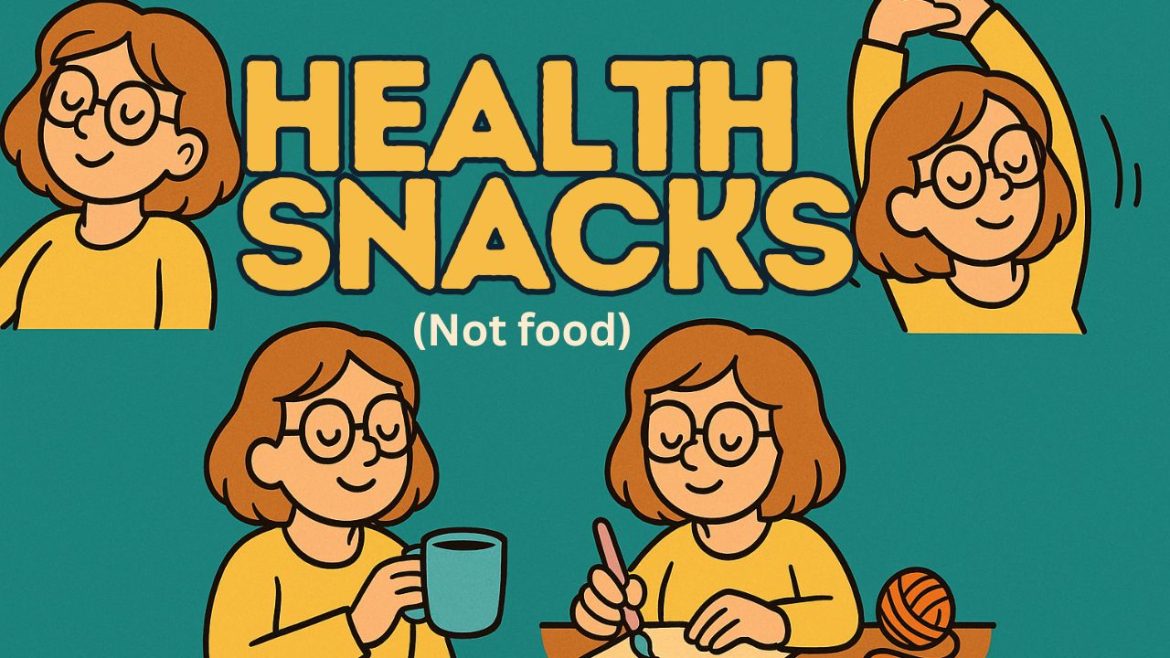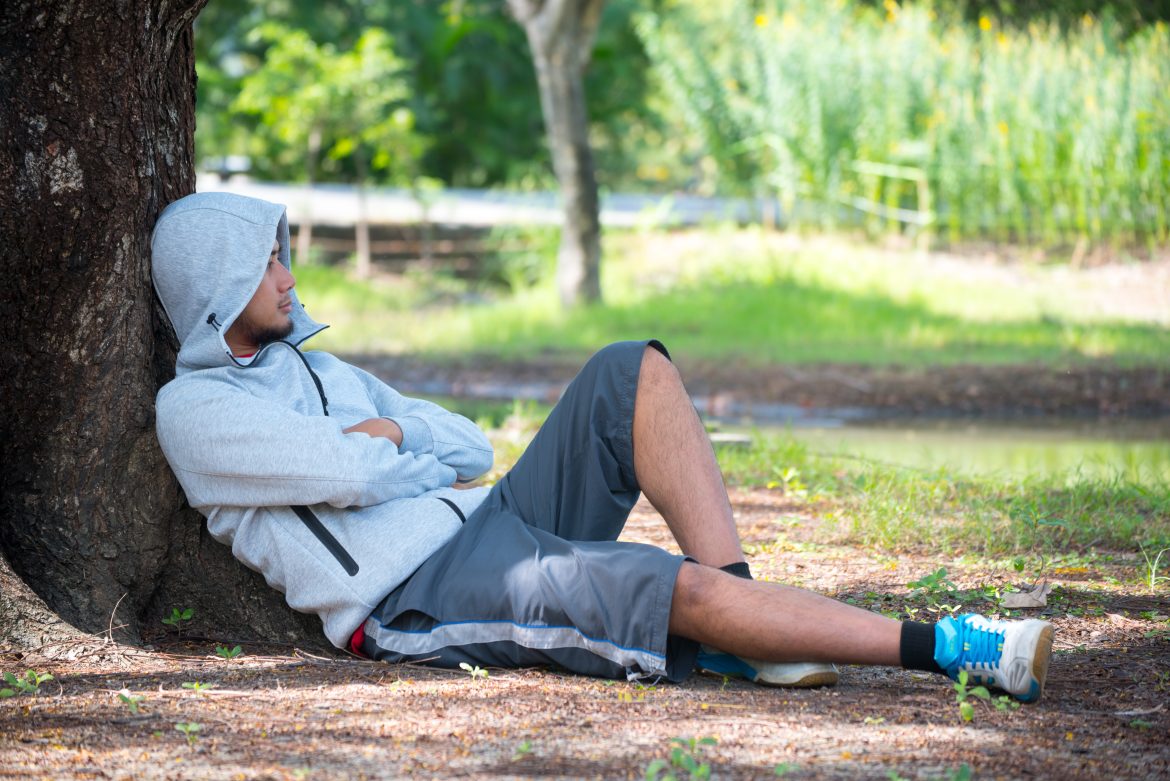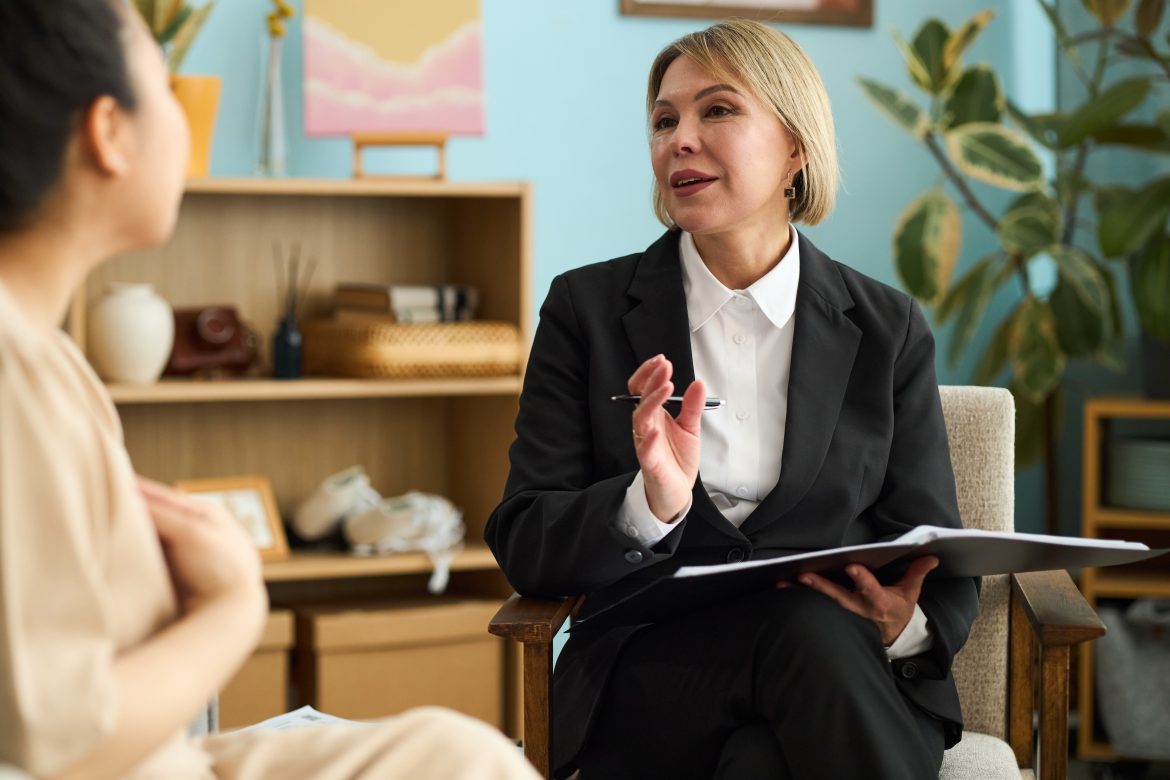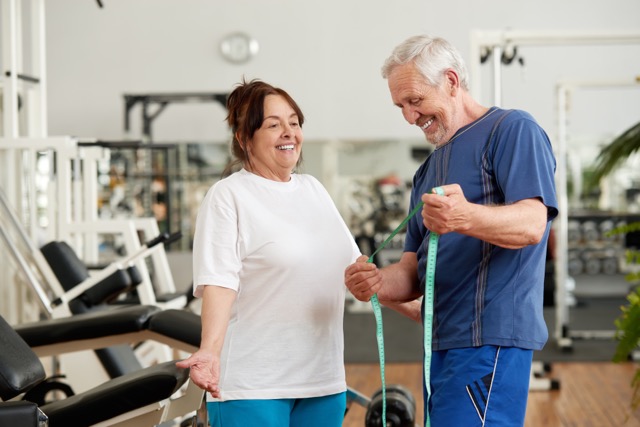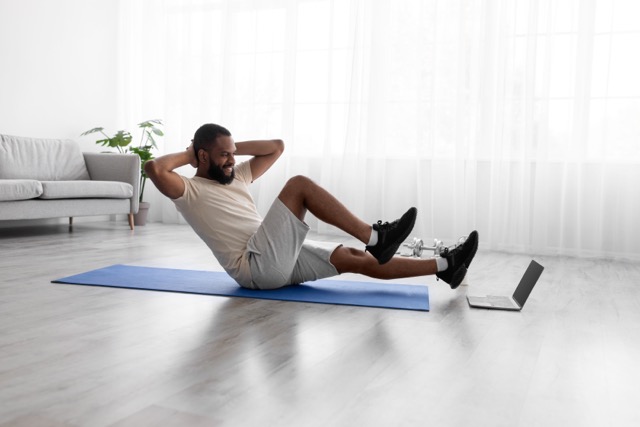In today’s fast-paced, overcommitted world, the idea of making big, sweeping changes to improve health and well-being can feel overwhelming. We’re constantly told to overhaul our diets, commit to hour-long workouts, or eliminate stress altogether. But what if the secret to a healthier, more joyful life lies not in massive transformations, but in small, manageable actions?
That’s the idea behind Feel Better in Five by Dr. Rangan Chatterjee. This simple yet powerful framework presents a realistic path to wellness: build your life on tiny daily wins called “health snacks.” These short, five-minute actions aren’t just doable—they’re transformative.
Small Wins for a Big Life Shift
At the heart of Dr. Chatterjee’s philosophy is a rejection of perfectionism and an embrace of consistency. Instead of trying to fix everything all at once, the goal is to make minor, meaningful shifts across three vital domains: the mind, the body, and the heart (or emotional well-being). These “health snacks” are designed to be accessible even on the busiest of days.
This model isn’t just for people with a lot of time or resources. It’s for working parents, overloaded professionals, and anyone feeling burnt out by health advice that’s impossible to follow. The idea is to reset your trajectory with simple, consistent actions.
The Mind: Finding Calm in Five Minutes
Mental clarity and emotional stability often feel like luxuries, but they’re essential for overall health. The mind-focused health snacks offer simple ways to recalibrate:
- Breathing exercises: Using apps like Headspace or built-in breathing prompts on smartwatches can create a moment of stillness in your day.
- Journaling: Taking a few minutes to brain-dump your thoughts or worries brings mental clarity.
- Doing nothing: Literally taking five quiet minutes with eyes closed and a timer can refresh a cluttered brain.
- Prayer or meditation: Grounding spiritual or mindful practices help reduce stress and boost focus.
These brief resets can act like mental WD-40, helping to loosen up the stuck parts of our thoughts so we can approach problems with a clearer, calmer mindset.
The Body: Movement Without the Gym
You don’t need a 45-minute workout or expensive equipment to improve your physical health. The goal is movement that supports mobility, circulation, and pain relief:
- Gentle stretching: Movements like cat-cow, wall sits, or hamstring stretches can be done right on the living room floor.
- Mini strength bursts: A few squats or a brisk walk around the yard can get blood flowing and relieve tension.
- Mobility tools: Devices like Theragun balls or foam rollers can ease tight muscles quickly.
- Tabata routines: These short bursts of high- and low-intensity movement can provide full-body benefits in under five minutes.
What matters most is not intensity—it’s consistency. By fitting these actions into small pockets of your day, you can start to reclaim your physical energy and comfort.
The Heart: Emotional Nutrition for the Soul
Emotional wellness is often overlooked in traditional health plans. But loneliness and emotional depletion can affect the body as deeply as poor nutrition or inactivity. Heart-centered health snacks include:
- Connecting with others: A quick message to a friend or coworker can offer emotional nourishment.
- Acts of kindness: Donating to a cause or helping someone out gives a sense of purpose and connection.
- Mood-boosting media: Watching a funny video or listening to favorite music can immediately lift your spirits.
- Gratitude journaling: A brief reflection on what you’re thankful for can shift your perspective.
Just like physical or mental health, emotional well-being thrives on small, consistent attention. These brief emotional check-ins serve as circuit breakers, stopping stress cycles before they spiral.
Health Recipes: Stacking Snacks for Bigger Impact
One of the most innovative ideas in Feel Better in Five is the use of “health recipes”—combinations of small actions that target a specific issue. For instance:
- Anxiety recipe: Do squats (body), a breathing pattern (mind), and a quick worry journal (heart).
- Back pain recipe: Perform five mobility stretches (body), identify a small change to improve your work setup (mind), and finish with a gratitude moment (heart).
- Mood reset recipe: Take a brisk walk (body), listen to calming music (heart), and reframe a stressful thought (mind).
These combinations are not only effective but easy to personalize. Once you get the hang of the method, it becomes second nature to create your own recipes.
Building Your Personal Toolkit
The power of this approach is how adaptable it is. Everyone’s stress points and energy patterns are different. Maybe your mind crashes in the morning, your emotions dip in the afternoon, or your back screams by evening. Whatever the case, you can build a toolkit of go-to snacks to carry you through.
Start by identifying your own high-friction moments: when your energy crashes, when you feel overwhelmed, when your body complains. Then create 3–5 options in each category—mind, body, heart—that you can grab like a quick refresh button throughout your day.
A Kinder Path to Health
Ultimately, this isn’t just about doing more—it’s about doing what matters. These five-minute snacks don’t replace deep healing or long-term therapy or workouts. But they offer a bridge between where you are and where you want to be. They reinforce the belief that you can change, that you do care about your health, and that you are worth the effort—even if it’s only five minutes today.
By layering these moments of care, you create a scaffolding of health that supports you through the ups and downs of real life. In time, these snacks become habits. And those habits shape your identity: you become someone who shows up for themselves.
Conclusion
You don’t have to overhaul your life to improve it. With Dr. Chatterjee’s simple yet effective system, you can build real momentum through small, consistent actions. Whether it’s a breathing break, a few stretches, or a quick gratitude check-in, each tiny effort adds up.
Start today—just five minutes. That’s all it takes to feel better. And once you start, you just might find that small really is mighty.

